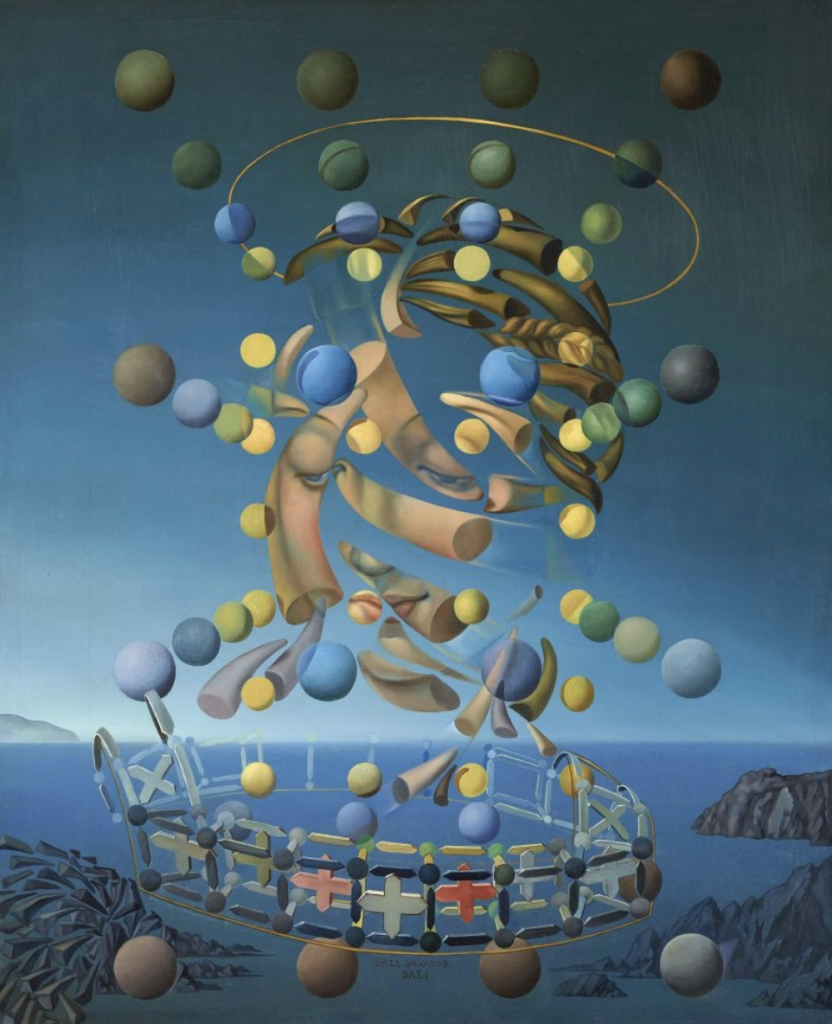Building on the ideas of Floyd-Hoare logic, dynamic logic was introduced in the 70’s as a formal tool for reasoning about, and verify, classic imperative programs. Over time, its aim has evolved and expanded; Dynamic Logic can be seen now as a general set of ideas and tools devised for representing, describing and reasoning about diverse kind of actions, including (but not limited to) frameworks tailored for specific programming problems/paradigms (e.g., separation logics), settings for modelling new computing domains (e.g., probabilistic, continuous and quantum computation), frameworks for reasoning about information dynamics (e.g., dynamic epistemic logics) and systems for reasoning about long term information dynamics (e.g., learning theory).
Both its theoretical relevance and practical potential make DLs a topic of interest in a number of scientific venues, from wide-scope software engineering conferences to modal logic specific events. The aim of the DaLí 2023 workshop is to bring together, in a single place, researchers with a shared interest in the formal study of actions (from Academia to Industry and more, from Mathematics to Computer Science and beyond) to present their work, foster discussions and encourage collaborations.

Previous editions of DaLí took place in Brasília (2017), Porto (2019) and online (2020, 2022).
In 2023, DaLí will take place in Tbilisi, Georgia, immediately after the Logic, Algebra and Truth Degrees conference, and immediately before the 14th TbiLLC 2023 symposium.
Image: Maximum Speed of Raphael’s Madonna, Salvador Dalí, Figueras, Girona, Spain, 1904 – 1989